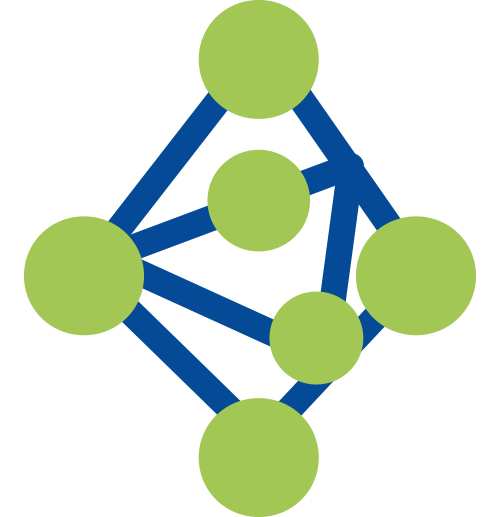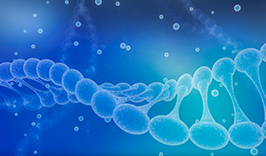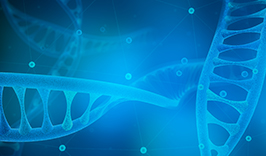2023. 10NGS
An Inflammatory Checkpoint Generated by IL1RN Splicing Offers Therapeutic Opportunity for KRAS-Mutant Intrahepatic Cholangiocarcinoma
Mao Zhang, Yingying Huang, Jiaomeng Pan, Chen Sang, Youpei Lin, Liangqing Dong, Xia Shen, Yingcheng Wu, Guohe Song, Shuyi Ji, Fen Liu, Mengcheng Wang, Yuyan Zheng, Sirui Zhang, Zefeng Wang, Jianke Ren, Daming Gao, Jian Zhou, Jia Fan, Wu Wei, Jian Lin, and
阅读全文
ABSTRACT
KRAS mutations are causally linked to protumor inflammation and are identified as driving factors in tumorigenesis. Here, using multiomics data gathered from a large set of patients, we showed that KRAS mutation was associated with a specific landscape of alternative mRNA splicing that connected to myeloid inflammation in intrahepatic cholangiocarcinoma (iCCA). Then, we identified a negative feedback mechanism in which the upregulation of interleukin 1 receptor antagonist (IL1RN)-201/203 due to alternative splicing confers vital anti-inflammatory effects in KRAS-mutant iCCA. In KRAS-mutant iCCA mice, both IL1RN-201/203 upregulation and anakinra treatment ignited a significant antitumor immune response by altering neutrophil recruitment and phenotypes. Furthermore, anakinra treatment synergistically enhanced anti–PD-1 therapy to activate intratumoral GZMB+ CD8+ T cells in KRAS-mutant iCCA mice. Clinically, we found that high IL1RN-201/203 levels in patients with KRAS-mutant iCCA were significantly associated with superior response to anti–PD-1 immunotherapy.
SIGNIFICANCE: This work describes a novel inflammatory checkpoint mediated by IL1RN alternative splicing variants that may serve as a promising basis to develop therapeutic options for KRAS-mutant iCCA and other cancers.
 NGS杂交捕获DNA探针 人全外显子组探针4.0肿瘤版 人全外显子组探针4.0核心版 QuarStar 94基因泛肿瘤Panel 3.0 QuarStar 176基因泛肿瘤Panel 3.0 QuarStar 227基因融合Panel 1.0 QuarStar 515基因泛肿瘤Panel 1.0 杂交捕获RNA探针 人全外显子组探针3.0 HRD panel 建库试剂 DNA建库试剂盒 片段化试剂 磁珠法捕获mRNA试剂盒 rRNA去除试剂盒 QuarPro T4连接酶 杂交捕获试剂 DNA探针快速杂交捕获试剂 DNA探针杂交捕获试剂V2版 DNA探针杂交捕获试剂 RNA探针一管式过夜杂交试剂 RNA探针快速杂交捕获试剂 接头体系 封闭液系统 扩增子NGS BRCA超多重引物 超多重PCR试剂盒2.0 PathoSeq 450病原库 配套试剂 链霉亲和素磁珠 设备与软件 iQuars 50自动化工作站
NGS杂交捕获DNA探针 人全外显子组探针4.0肿瘤版 人全外显子组探针4.0核心版 QuarStar 94基因泛肿瘤Panel 3.0 QuarStar 176基因泛肿瘤Panel 3.0 QuarStar 227基因融合Panel 1.0 QuarStar 515基因泛肿瘤Panel 1.0 杂交捕获RNA探针 人全外显子组探针3.0 HRD panel 建库试剂 DNA建库试剂盒 片段化试剂 磁珠法捕获mRNA试剂盒 rRNA去除试剂盒 QuarPro T4连接酶 杂交捕获试剂 DNA探针快速杂交捕获试剂 DNA探针杂交捕获试剂V2版 DNA探针杂交捕获试剂 RNA探针一管式过夜杂交试剂 RNA探针快速杂交捕获试剂 接头体系 封闭液系统 扩增子NGS BRCA超多重引物 超多重PCR试剂盒2.0 PathoSeq 450病原库 配套试剂 链霉亲和素磁珠 设备与软件 iQuars 50自动化工作站 RNA合成sgRNA miRNA siRNA
RNA合成sgRNA miRNA siRNA



 引物与探针
引物与探针 基因合成
基因合成 寡核苷酸池
寡核苷酸池 CRISPR sgRNA定制文库
CRISPR sgRNA定制文库 抗体库
抗体库 突变体库
突变体库


 电话:400-017-9077
电话:400-017-9077 地址:上海市闵行区光华路248号5号楼2楼
地址:上海市闵行区光华路248号5号楼2楼 邮箱:
邮箱:







